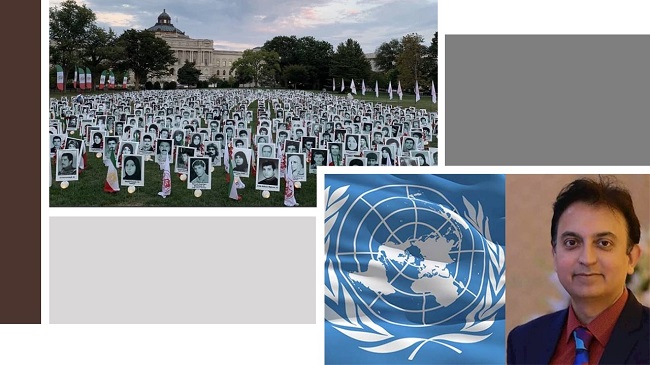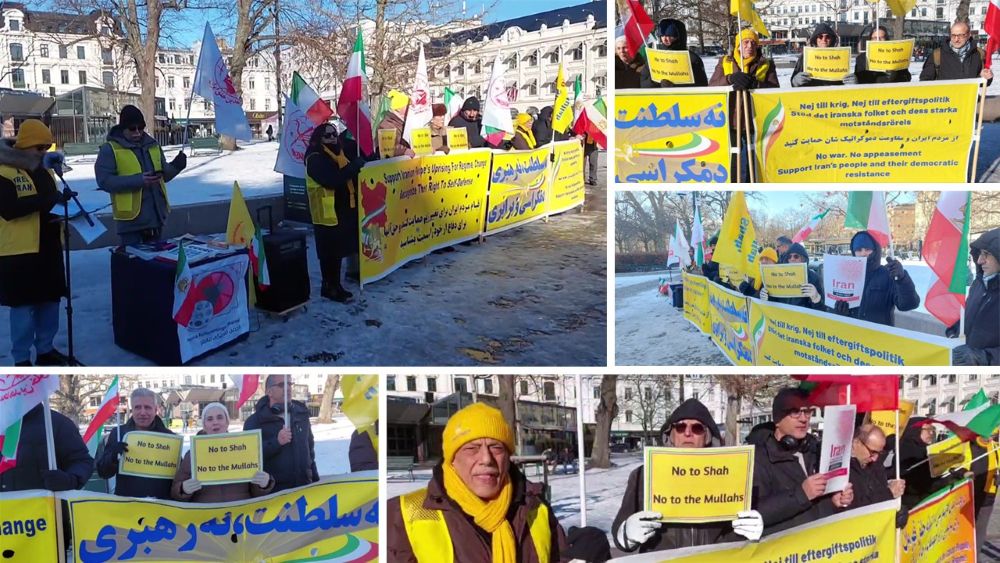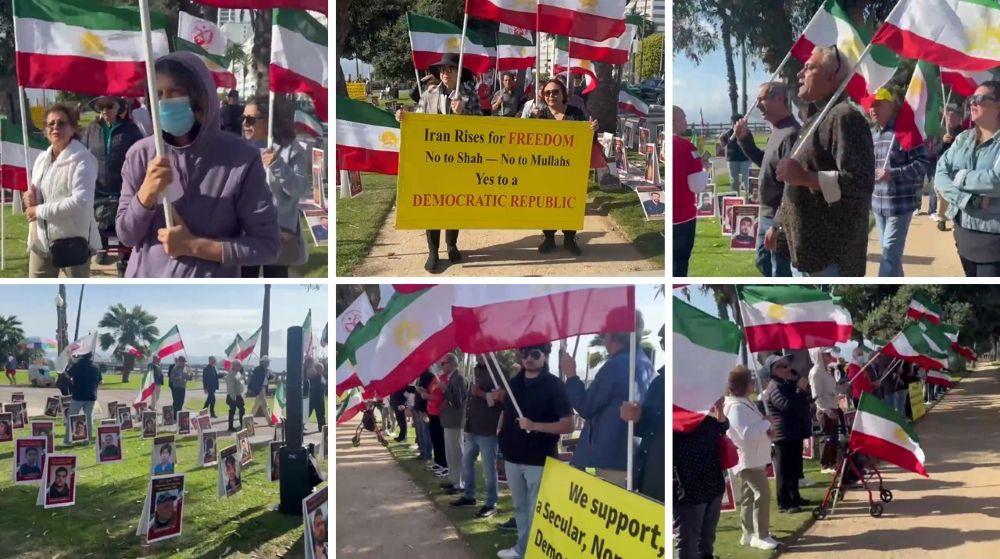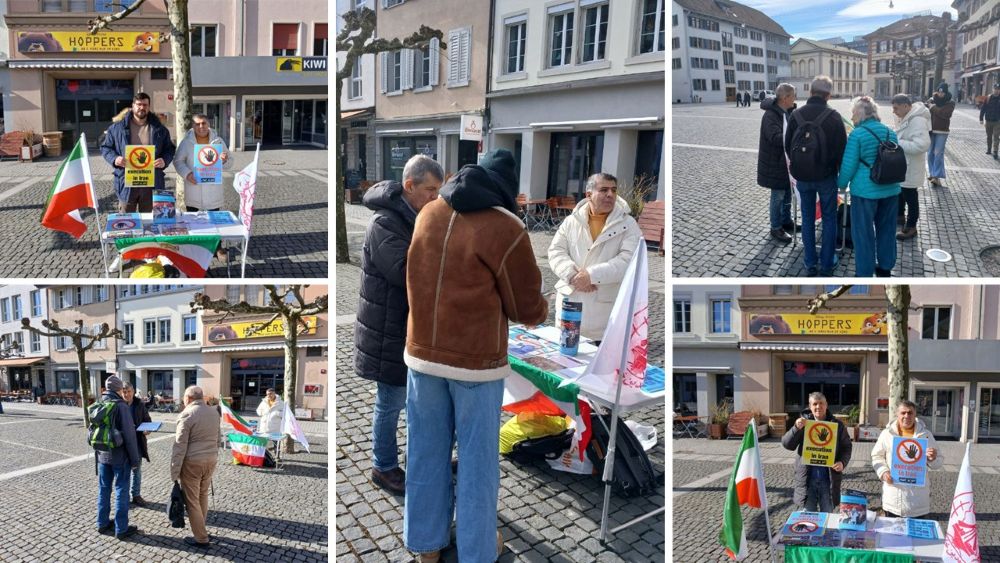The National Council of Resistance of Iran (NCRI) wrote on August 24 that the Special Rapporteur for Human Rights in Iran, Javaid Rehman expressed concerns, in a report to the United Nations General Assembly, in regards to the attempts made by the regime to destroy evidence of the 1988 massacre.
The NCRI said, “In the summer of 1988, the Iranian regime extrajudicially executed over 30,000 political prisoners. Most of the victims were members and supporters of the People’s Mojahedin Organization of Iran (PMOI/MEK).”
In his report, Rehman explained how in April of this year, regime authorities denied permission for Baha’i’s people to bury their dead in empty plots at Golestan Javid, a cemetery that was originally designated for their use. Instead, they have been forced to bury their dead between existing graves, or at a mass gravesite in Khavaran, which is said to be where the remains of the 1988 massacre victims are buried.

He said that this latest order is yet another attempt to interfere with the evidence of executions of the political prisoners from that fateful summer. Other attempts to hide or destroy evidence have included harassing relatives of the victims to frighten them into submission, or by bulldozing other gravesites.
The NCRI said, “In December 2020, a letter originally sent to the regime officials in September by seven U.N. human rights experts, including Mr. Rehman, was published. In their letter, the U.N. experts underlined that the 1988 massacre ‘may amount to crimes against humanity’.”
The experts said that the failure of the international community to hold the regime officials to account for the atrocities that occurred in the summer of 1988 has had a ‘devastating impact’ on the ‘general human rights situation’ in Iran. Examples of just how devastating the impact has been included the regime’s slaughter of over 1500 protesters in the November 2019 uprising, the ongoing and ever-increasing number of executions in Iran, as well as the level of oppression that protesters faced at recent demonstrations in Khuzestan province.
The NCRI said, “In June, the systematic impunity reached its climate when the regime’s Supreme Leader, Ali Khamenei, selected Ebrahim Raisi as the regime’s new president. Raisi played a key role in the 1988 massacre, was the regime’s Judiciary Chief during the November 2019 protests, and oversaw the arrest and systematic human rights violations in Iranian prisons.”
Agnès Callamard, the Secretary General for Amnesty International, spoke out following the regime’s presidential election in June stating that the impunity of the regime reigns supreme, instead of the mullahs’ being held accountable for their crimes against humanity.
The inaction from western governments has further fuelled this impunity and with the European Union sending top diplomat, Enrique Mora to Raisi’s inauguration earlier this month, is only encouraging the regime to increase their violations of human rights in Iran, without fear of being prosecuted.
The NCRI said, “The western powers should not recognize Raisi as Iran’s president. They should prosecute him and other human rights abusers for ending the systematic impunity in Iran, with its devastating domestic and international impacts.”



